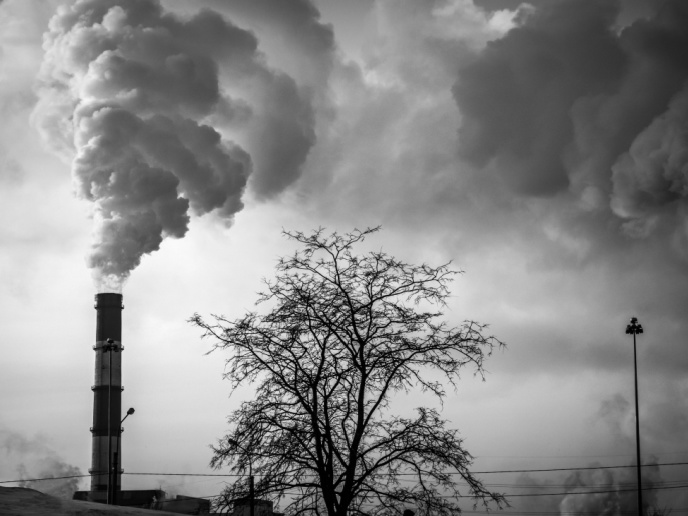Biochar for carbon sequestration
In the light of recent climate change, there is a growing need for strategies to transfer large amounts of carbon from the atmosphere into the soil. Transforming plant biomass into charcoal (biochar) holds great potential as a large-scale carbon sequestration strategy. The EU-funded EUROCHAR (Biochar for Carbon sequestration and large-scale removal of greenhouse gases (GHG) from the atmosphere) project aimed to test the effectiveness of this approach. The project achieved this though testing different biochar production methods, conducting field trials and modelling the impact of applying this strategy worldwide. EUROCHAR scientists tested two different methods to create biochar: gasification or thermal carbonisation (TC), and hydrothermal carbonisation (HTC). The different biochars were analysed and tested as soil amendments in fields across Europe. The project noted major differences in the composition of the biochars depending on the source of biomass as well as the treatment method. Biochars made by TC are more stable and have a better sequestration potential than those made by HTC. None of the biochars showed any toxicity to plants, and all hazardous chemical components were well below EU limits. In the field, the biochar products showed good stability, and researchers noted that biochar altered the microbial communities in the soil at several study sites. EUROCHAR modelled the long-term impact of this strategy in the EU, and found that it could sequester carbon equivalent to 5 % of EU transport emissions. Biochar clearly holds promise as a carbon sequestration strategy in the EU and worldwide. The results of EUROCHAR will have a far-reaching impact on carbon sequestration efforts and climate change in general.
Keywords
Biochar, carbon sequestration, plant biomass, thermal carbonisation, hydrothermal carbonisation







